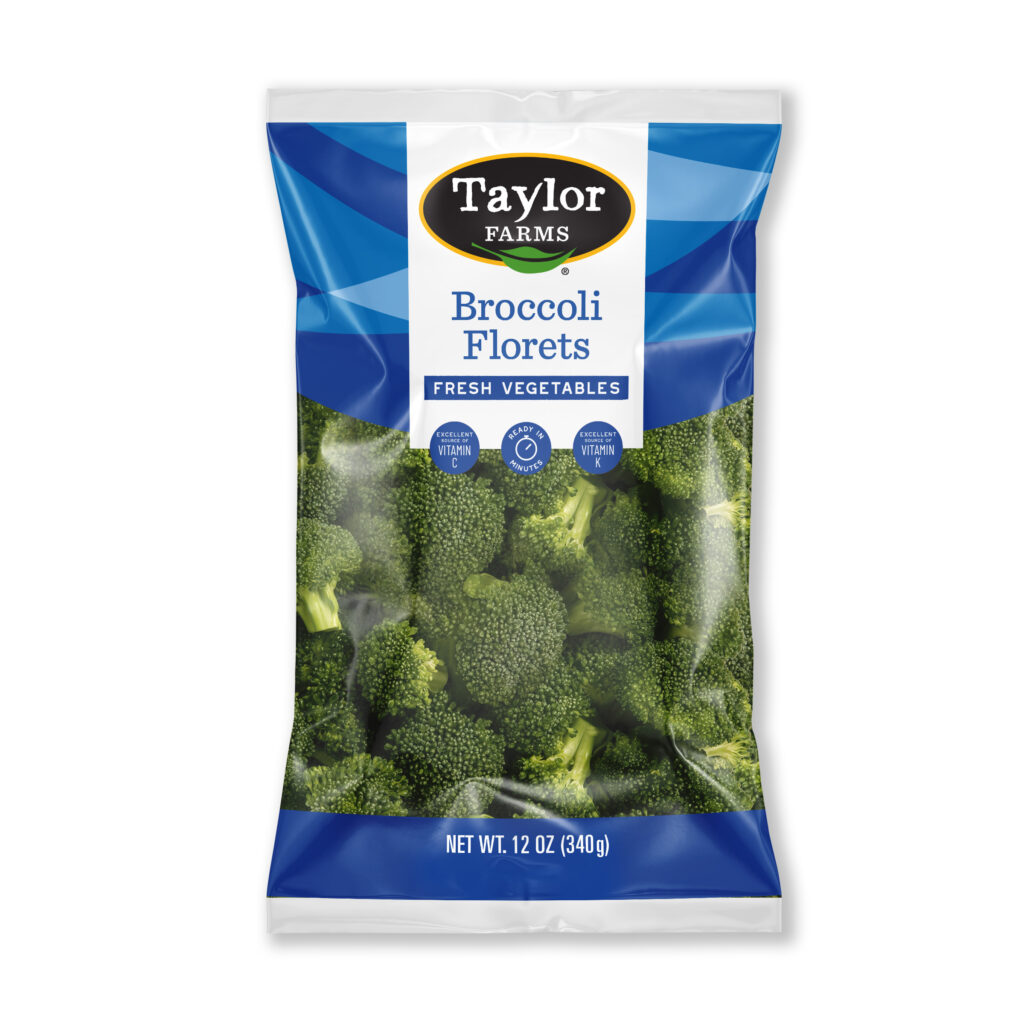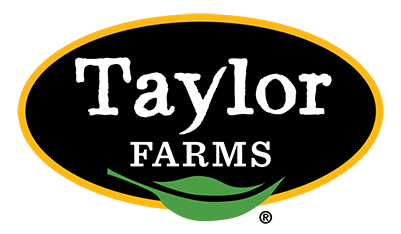Spring is in full swing, which means Earth Day is just around the corner! This international day of recognition gives us the chance to pause and reflect on how our everyday choices affect and shape the world around us—mainly, the health of our environment! Sustainability isn’t just something we think about once a year; it’s our goal to embed it in everything we do and how we operate as North America’s largest producer of fresh foods. From our farms to your tables, we’re constantly working to reduce our environmental impact, creating meaningful, lasting change through our products, processes, and people.
So, as we celebrate Earth Day 2025, now is the perfect time to fill you in on some of our initiatives centered on sustainability (and the results we’ve gotten so far).
Packaging Innovations
Did you know that even after harvesting, fresh produce is still alive, breathing, and changing? Our packaging plays a critical role in maintaining freshness, extending shelf life, and reducing food waste—all without preservatives.
Our secret? Modified Atmosphere Packaging (MAP). By creating a unique environment inside each package, we’re able to keep products fresher longer and develop all of our delicious new recipes. We use two key methods that help us achieve this:
- Backflush (Gas Flushing): By replacing oxygen in packaging before sealing, we slow decay and reduce spoilage.
- Micro-Perforation: Tiny, laser-created holes allow just enough ventilation to match the natural respiration rate of our produce.
Thanks to MAP technology, our chopped salads stay fresh for an industry-leading 16 days—up from the original timeline of just four days. Not bad, right? That achievement came from over 3,000 trials across three years, significantly cutting down food waste and keeping the salads you love crisp and flavorful, from harvesting and packing to your refrigerators and kitchens (for days and days on end).
Sustainability in Packaging Choices
Our packaging decisions always consider three key factors:
- Material Selection: We use materials that meet safety standards, reduce environmental life-cycle impact, and contribute to the circular economy.
- Use Efficiency: Optimizing packaging to minimize size and weight but without sacrificing protection.
- Clear Labeling: Making sure consumers know exactly how to properly recycle or dispose of packaging.
We’ve worked hard to make strides in reducing our packaging’s environmental impact. Here’s how:
- Film Lidding: Replacing rigid plastic lids with film seals reduced plastic use by 90% per seal impression on ready-to-eat salads and by 36-44% per unit on leafy green trays. This change alone also saves 90 truckloads annually through more efficient shipping.
- Fiber Transition: Switching from PET plastic clamshells to kraft fiber bowls in select deli meals cut plastic usage by 70%. These bowls contain over 90% bio-based material with no intentionally-added PFAS (aka “forever chemicals”).
- Compostable Utensils: By transitioning to compostable forks made from agricultural residues and PHA, we’re replacing 100 million virgin plastic forks in 2025, drastically cutting emissions by up to 56% and leaving no microplastics behind!

Even More Ways We’re Going Green
Of course, packaging is just one piece of our sustainability puzzle. Here are other ways Taylor Farms is committed to environmental responsibility:
Land Management: We’re protecting biodiversity and enriching soil health by cover cropping approximately 1,234 acres each year. Additionally, 100% of our growing operations are being certified under third-party Integrated Pest Management (IPM) standards to ensure responsible land use and help protect above and below ground biodiversity.
Energy Efficiency: Currently, our facilities actively generate low-carbon energy with a portfolio of 12 solar arrays, one wind turbine, and one very hard-working battery. 12.5% of our facilities’ electricity consumption in 2022 and 2023 was self-generated, cutting down our reliance on fossil fuels.
Material Efficiency: Five Taylor Farms facilities are now TRUE-certified for zero waste, with a rather impressive average waste diversion rate of nearly 92%. This means that of all the waste generated at these operations, we divert 92% of it from landfill and incineration.
Water Conservation: Over 95% of our Taylor Farming irrigation wells now feature flow meters to precisely monitor water use, and we’ve installed soil moisture probes to optimize irrigation efficiency. This all helps to improve our water stewardship in regions where water conservation is especially critical.
Celebrating Earth Day Together
This Earth Day, we’re proud to share just a few of our ongoing efforts to build a healthier planet, stronger communities, and a more sustainable company as a whole. Each initiative—from innovative packaging solutions to robust land and water management practices—brings us closer to our vision of leaving a positive environmental legacy.
For us, sustainability is both a goal and a promise to you and future generations. We invite you to join us this Earth Day in making everyday choices that help preserve our beautiful planet. Here’s to working together toward a greener tomorrow!
